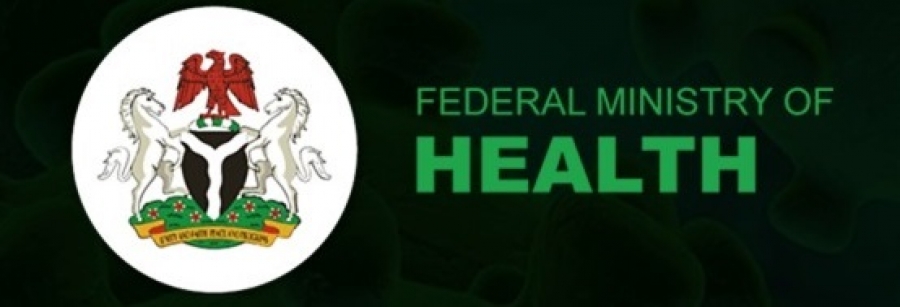The Ministry of Health says there is a huge unmet need for family planning in the country, especially in rural communities and hard-to-reach areas.
The director, family health department of the Federal Ministry of Health, Dr Boladale Aloge, said this is in spite of interventions by government at the national and sub-national levels and partners’ support.
She stated this yesterday during the National Family Planning Technical Review Meeting (NFPTRM) in Abuja.
Alonge, who was represented by the director health promotion, Dr Ladidi Bako-Aiyegbusi, said the federal government has developed policies and created the enabling environment for implementing partners and donors to ensure that every couple has access to sexual and reproductive health services including family planning across the country.
CS-SUNN tasks FG on implementation of micronutrient deficiency guidelines
FG: Nigeria still suffers from huge unmet need for family planning
She said, “According to the 2021 Nigeria Multiple Indicator Cluster Survey (MICS), the demand for family planning services among married women is only satisfied in four out of every 10.
“This is largely because of non-accessibility of family planning information and services especially in low resource settings as well as a huge funding gap for the procurement of family planning commodities.”
She said in addition, the federal government, through the Federal Ministry of Health, added new commodities to the method mix like the DMPA-SC, with the self-injection component, hormonal IUD, Levoplant so that more women of reproductive age can access a wide range of commodities of their choice.
She said a recent study conducted in 2020 showed that health service-related factors identified as challenges to family planning uptake, included difficulty accessing services, and procurement difficulties while the client-related barriers were education, desire for more children, uncertainty about need, partner disapproval, previous side effects, religious beliefs, culture disapproval, and age, among others.
She said the NFPTRM held every year, brings together Family Planning Coordinators (FPCs) across the entire 36 states and the FCT and experts to assess the state of family planning in their various states and share best practices.
The chairperson, Management Committee Association for the Advancement of Family Planning, and Civil Society Organisations (CSO)’s focal point for FP2030 in Nigeria, Dr Ejike Orji, said there has been low family planning uptake in Nigeria in the last 10 years.
He said 19% of women who want family planning are not getting it, adding, “So, if we can even meet those unmet needs, it could bring us to the level of meeting our 2030 goal. Because we said by 2030, we should be able to attain 27% increase family planning uptake.”

 Join Daily Trust WhatsApp Community For Quick Access To News and Happenings Around You.
Join Daily Trust WhatsApp Community For Quick Access To News and Happenings Around You.



